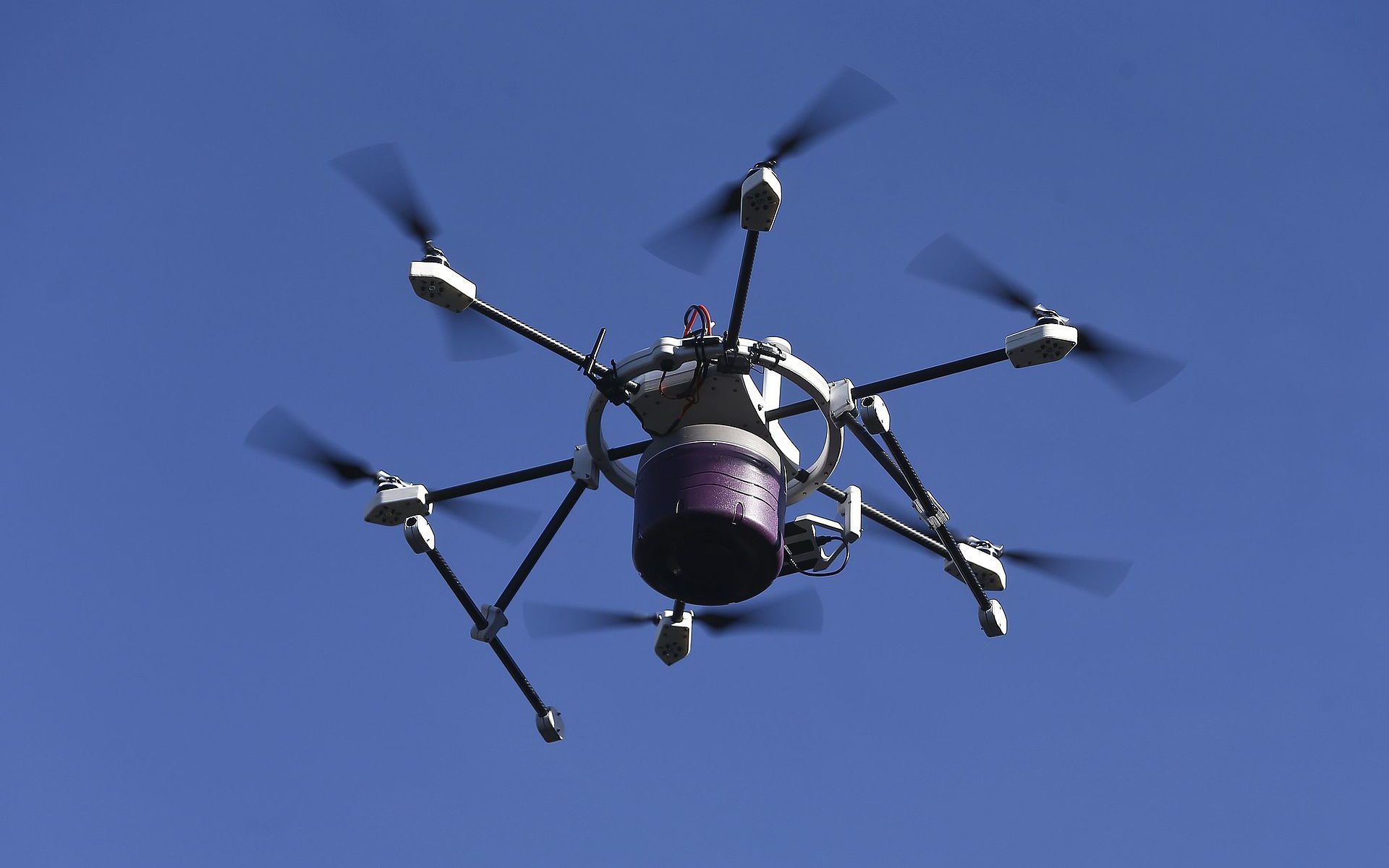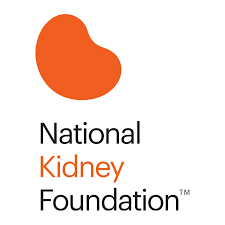“Many kidney failure patients struggle with insomnia and other types of sleep disorder. Learn how common this is, the risks, what these patients go through, and how to manage it.
Are you or a loved one a chronic kidney disease (CKD) patient that struggles with sleeping well at night? Insomnia is a common sleep disorder among all individuals but especially those with kidney failure. It is characterized by persistent difficulty in falling asleep or staying asleep and poor subjective sleep quality. Learn more about insomnia and kidney failure, including the prevalence, causes, potential consequences, and treatment options.”
Learn more here.









